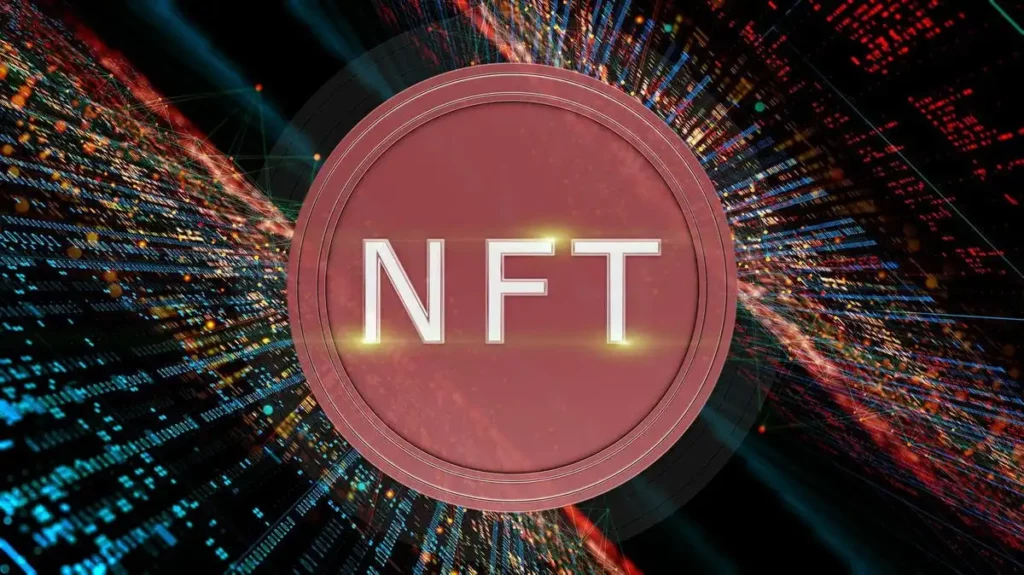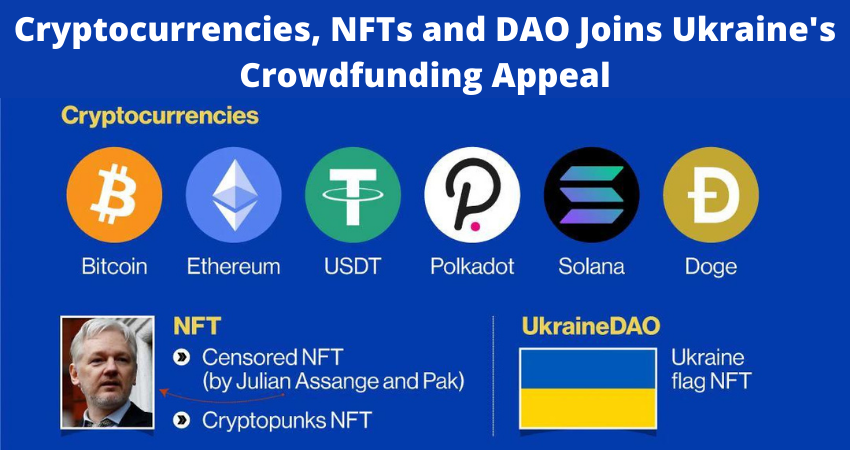NFTs or Non-Fungible Tokens have become a hot topic in the world of cryptocurrencies and blockchain technology. NFTs are unique digital assets that are stored on a blockchain, making them unique and valuable. Here are some points to help you understand NFTs:
What is an NFT?
An NFT is a unique digital asset that is stored on a blockchain. It is different from other cryptocurrencies like Bitcoin or Ethereum, which are fungible, meaning that each coin is identical and interchangeable. NFTs, on the other hand, are unique and cannot be replicated, making them valuable as a collectible.
How do NFTs work?
NFTs are created on a blockchain, which is a decentralized digital ledger that records transactions. When an NFT is created, it is assigned a unique code that is stored on the blockchain. This code represents the ownership of the digital asset, and it cannot be replicated or changed.

What can NFTs be used for?
NFTs can be used for a variety of purposes, including digital art, music, video games, and collectibles. They are often used as a way to prove ownership of a digital asset or to sell unique digital content.
Why are NFTs valuable?
NFTs are valuable because they are unique and cannot be replicated. They are also valuable because they are stored on a blockchain, which provides a secure and transparent way to verify ownership. Additionally, NFTs can be sold on various marketplaces, making them an attractive investment for collectors.
How are NFTs sold?
NFTs are typically sold through online marketplaces, where collectors can bid on them or purchase them outright. The price of an NFT can vary depending on the rarity of the digital asset, the popularity of the artist, and the demand from collectors.
Are NFTs environmentally friendly?
There has been some concern about the environmental impact of NFTs, as they require a significant amount of energy to create and maintain. However, some blockchain platforms are working on developing more eco-friendly methods for creating and storing NFTs.
Here are Some Benefits of NFTs
1. Authenticity: NFTs provide a way to verify the authenticity of a digital asset, whether it’s a piece of art, music, or other forms of creative content. This can be particularly useful in combating digital piracy and theft.
2. Ownership: NFTs enable creators to sell ownership of their digital assets directly to buyers, without the need for intermediaries like galleries or auction houses. This can help creators earn more money and have greater control over their work.
3. Traceability: NFTs can be used to track the ownership and transaction history of a digital asset. This can be helpful in proving ownership or authenticity in case of disputes or legal issues.
4. Creative Freedom: NFTs allow creators to experiment with new business models and revenue streams, such as selling access to exclusive content or creating interactive experiences that can only be accessed by NFT holders.
5. Community Building: NFTs can create a sense of community among creators and collectors, as they can be used to facilitate interactions and collaborations between them.
6. Cultural significance: NFTs can be used to immortalize important cultural artifacts, such as historical documents or works of art, by creating digital versions that can be preserved and shared for generations to come.
In conclusion, NFTs are a unique and valuable type of digital asset that are stored on a blockchain. They are often used as a way to prove ownership of a digital asset or to sell unique digital content. While there has been some concern about the environmental impact of NFTs, they are still an exciting development in the world of blockchain technology and are likely to become even more popular in the future.
I am Pawan Kashyap currently living in Amritsar. I always try to grab new things from the cryptocurrency market. From my observations and trends in the market, I always try to provide the best and accurate information in the form of articles from this blog. Follow us on Facebook, Instagram, and Twitter to join us.








